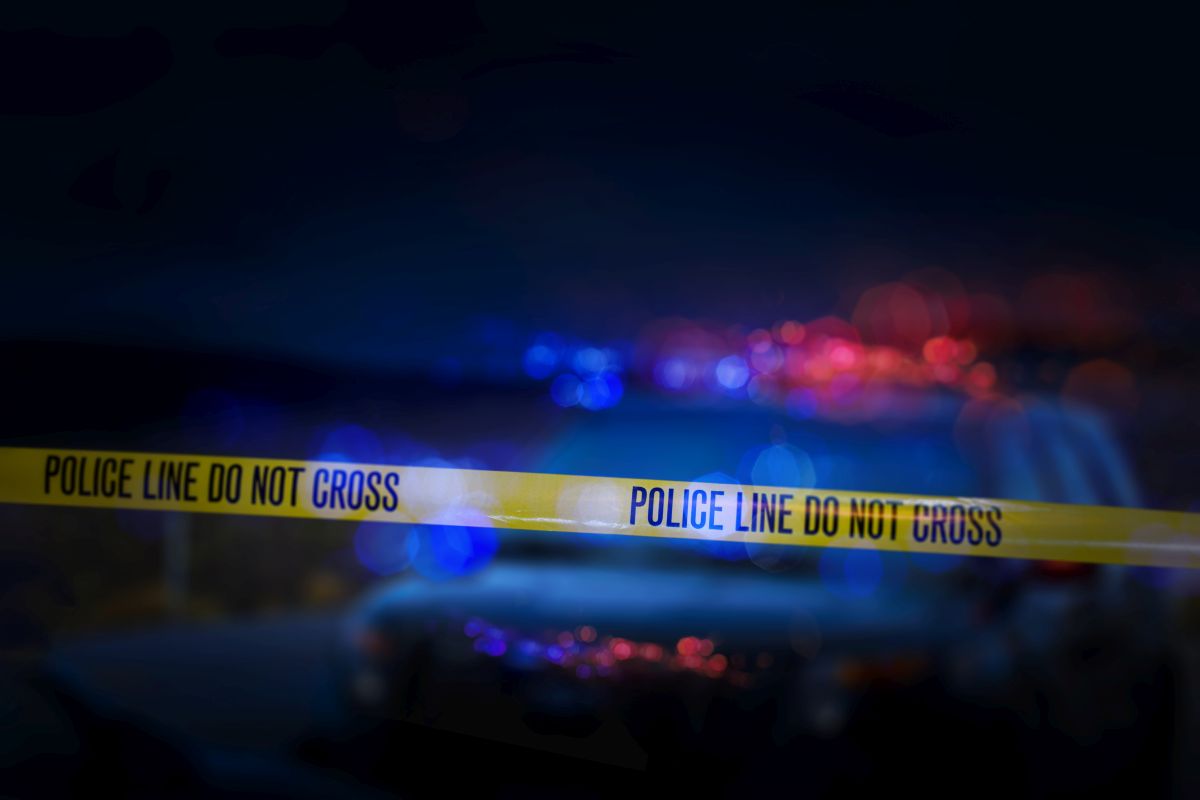NATO defence ministers to back Ukraine training and support mission
NATO Defence Ministers are in Brussels on Thursday and Friday for two days of talks to agree on a training support mission for Ukraine as well as long-term financial commitments.
Lyra McKee was murdered during orchestrated violence in Creggan last night,” Assistant Chief Constable Mark Hamilton said in a statement.

Representational image (Photo: IANS)
A journalist was shot dead during riots in Northern Ireland in what police Friday was treating as a terrorist incident following the latest upsurge in violence to shake the troubled region.
“Lyra McKee was murdered during orchestrated violence in Creggan last night,” Assistant Chief Constable Mark Hamilton said in a statement.
Advertisement
McKee had earlier posted an image that appeared to be from the riots in the Creggan housing estate in the city of Londonderry, also known as Derry, accompanied by the words “Derry tonight. Absolute madness.”
Advertisement
Images of the unrest posted on social media showed a car and van ablaze and hooded individuals throwing petrol bombs and fireworks at police vehicles.
“A single gunman fired shots in a residential area of the city and as a result wounded Ms McKee,” said Hamilton, adding that police believed the gunman was a “violent dissident republican.”
“We are treating this as a terrorist incident and we have launched a murder enquiry,” he added.
Journalist Matthew Hughes earlier identified the dead woman as one of his friends.
“I just received the heartbreaking news that my friend @LyraMcKee was murdered tonight in a terrorist incident in Derry,” he wrote on Twitter.
McKee had written for The Atlantic magazine and Buzzfeed News and was named by Forbes Magazine in 2016 as one of their “30 under 30” outstanding figures in media, according to her literary agent Janklow & Nesbit.
Leona O’Neill, a reporter with the Belfast Telegraph, said she saw McKee get hurt.
“I was standing beside this young woman when she fell beside a police Land Rover tonight in Creggan #Derry. I called an ambulance for her but police put her in the back of their vehicle and rushed her to a hospital where she died. Just 29 years old. Sick to my stomach tonight,” she tweeted.
Thursday’s unrest raised memories of past decades of violence in Northern Ireland.
Ireland’s Prime Minister Leo Varadkar warned that “we cannot allow those who want to propagate violence, fear and hate to drag us back to the past”.
His British counterpart Theresa May said the killing was “shocking and truly senseless”.
In Brussels, a European Commission spokesman condemned the “terrible incident”.
“We condemn such violence, and we are confident that the UK authorities will ascertain the exact circumstances of this tragic event,” he said.
The violence came in the run-up to the Easter weekend when Republicans opposed to the British presence in Northern Ireland mark the anniversary of a 1916 uprising against British rule.
A car-bombing and the hijacking of two vans in Londonderry earlier this year were also blamed on a dissident paramilitary group.
Michelle O’Neill, the deputy leader of Irish republican party Sinn Fein, condemned the killing.
“My heart goes out to the family of the young woman shot dead by so-called dissidents,” she wrote on Twitter.
“This was an attack on the community, an attack on the peace process and an attack on the Good Friday Agreement,” the peace deal that largely brought an end to violence on the island exactly 21 years ago, she added, calling for calm.
Arlene Foster, leader of the Democratic Union Party, which is in favour of Britain’s presence in Northern Ireland, described the death as “heartbreaking news”.
“A senseless act. A family has been torn apart. Those who brought guns onto our streets in the 70s, 80s & 90s were wrong. It is equally wrong in 2019. No one wants to go back,” she wrote on Twitter.
The Good Friday Agreement in 1998 largely brought an end to three decades of sectarian bloodshed in Northern Ireland between republican and unionist paramilitaries, as well as British armed forces, in a period known as “the Troubles”.
Some 3,500 people were killed in the conflict — many at the hands of the Irish Republican Army (IRA).
Police have blamed a group called the New IRA for the flare-up in violence in recent months.
Some have expressed fears that recent attacks could be a sign that paramilitaries are seeking to exploit the current political turbulence over Northern Ireland and its border with the Republic of Ireland caused by Brexit.
Londonderry was the scene of one of the darkest episodes in the Troubles in 1972, known as Bloody Sunday when British troops opened fire on a civil rights demonstration and killed 13 people. A 14th victim later died of his wounds.
A former British soldier was charged with murder last month over the killings.
Advertisement